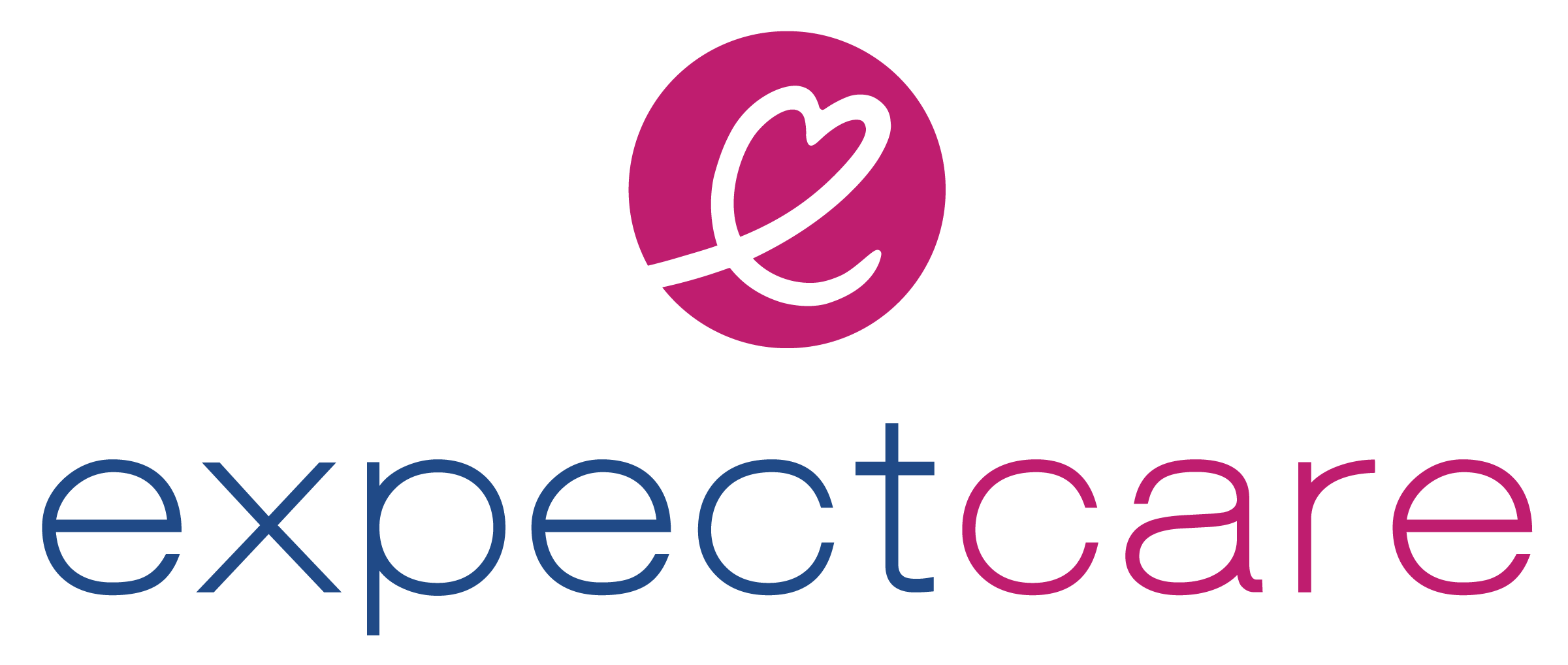Myths and facts
Myth #1
Hospice is a place. ExpectCare provides services wherever the need exists — usually the patient’s home which can be an Independent or Assisted Living, group home or skilled nursing facility.
Myth # 2
Hospice is only for people with cancer. More than one-half of hospice patients nation-wide have diagnoses other than cancer. We serve families coping with the end-stages of chronic diseases, like emphysema, Alzheimer’s, cardiovascular, and neurological diseases.
Myth #3
Hospice is only for old people. Although the majority of hospice patients are older, hospices serve patients of all ages. Almost 20% of hospice patients are under 65 years of age.
Myth #4
Hospice can only help when family members are available to provide care. Recognizing that people may live alone with advanced illnesses, or with family members unable to provide care, many hospices coordinate community resources to make home care possible. Or they help to find an alternative location where the patient can safely receive care.
Myth #5
Hospice is only for people who want to give up. Electing your hospice benefit does not mean you are giving up anything only however advancing your care plan with increased services.
Myth #6
Patients must be ready to die. While those affected by advanced illness struggle to come to terms with end of life, ExpectCare gently helps them find their way at their own speed. We are readily available to discuss all options and to facilitate family decisions.
Myth #7
Hospice care is expensive. Most people who use hospice are over 65 and are entitled to the Medicare Hospice Benefit. This benefit covers virtually all hospice services and requires little, if any, out-of-pocket costs. This means that there are no financial burdens incurred by the family, in sharp contrast to the huge financial expenses at the end of life which may be incurred when hospice is not used.
Myth #8
Hospice is not covered by managed care. While managed care organizations (MCOs) are not required to include hospice coverage, Medicare beneficiaries can use their Medicare hospice benefit anytime, anywhere they choose. They are not locked into the end-of-life services offered or not offered by the MCOs. On the other hand, those under 65 are confined to the MCOs services, but most provide at least some coverage for hospice.
Myth #9
The patient can no longer see their doctor. A patient’s personal physician can choose to be part of the hospice care team and you can still go to doctor appointments. ExpectCare doctors have extensive training in end-of-life care and will work closely with a patient’s personal physician to ensure the patient is as comfortable as possible.
Myth #10
Hospice foregos medications or treatments. On the contrary, ExpectCare takes advantage of state-of-the-art medications and palliative treatments to relieve pain and symptoms to keep patients comfortable.
Myth #11
Hospice makes death come sooner. The goal of ExpectCare is neither to prolong life nor hasten death, but to make the quality of the patient’s life the best it can be. There are no studies that indicate that hospice can hasten death, but there have been studies showing that some patients live longer when receiving hospice services.
Myth 12
Morphine prescribed to a hospice patient causes premature death. ExpectCare offers customized care plans specific to each individuals needs. Some patients do have morphine but some don’t. ExpectCarephysicians are specially trained in the use of morphine and administer only the dose necessary to alleviate a patient’s pain or help them breathe more comfortably.

